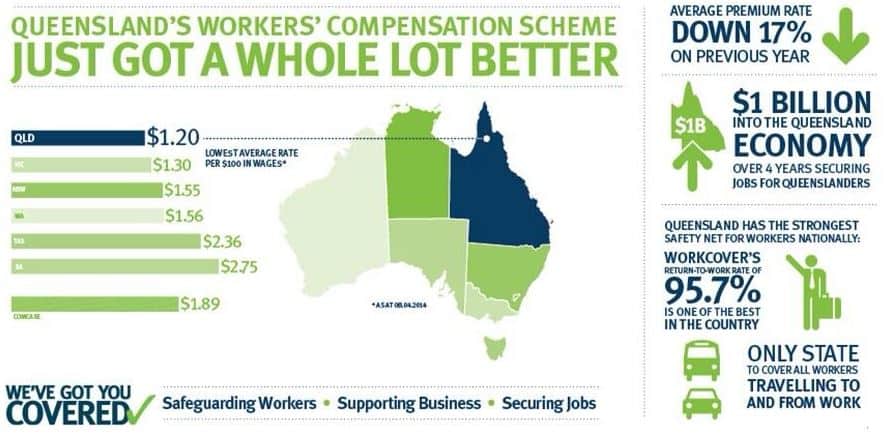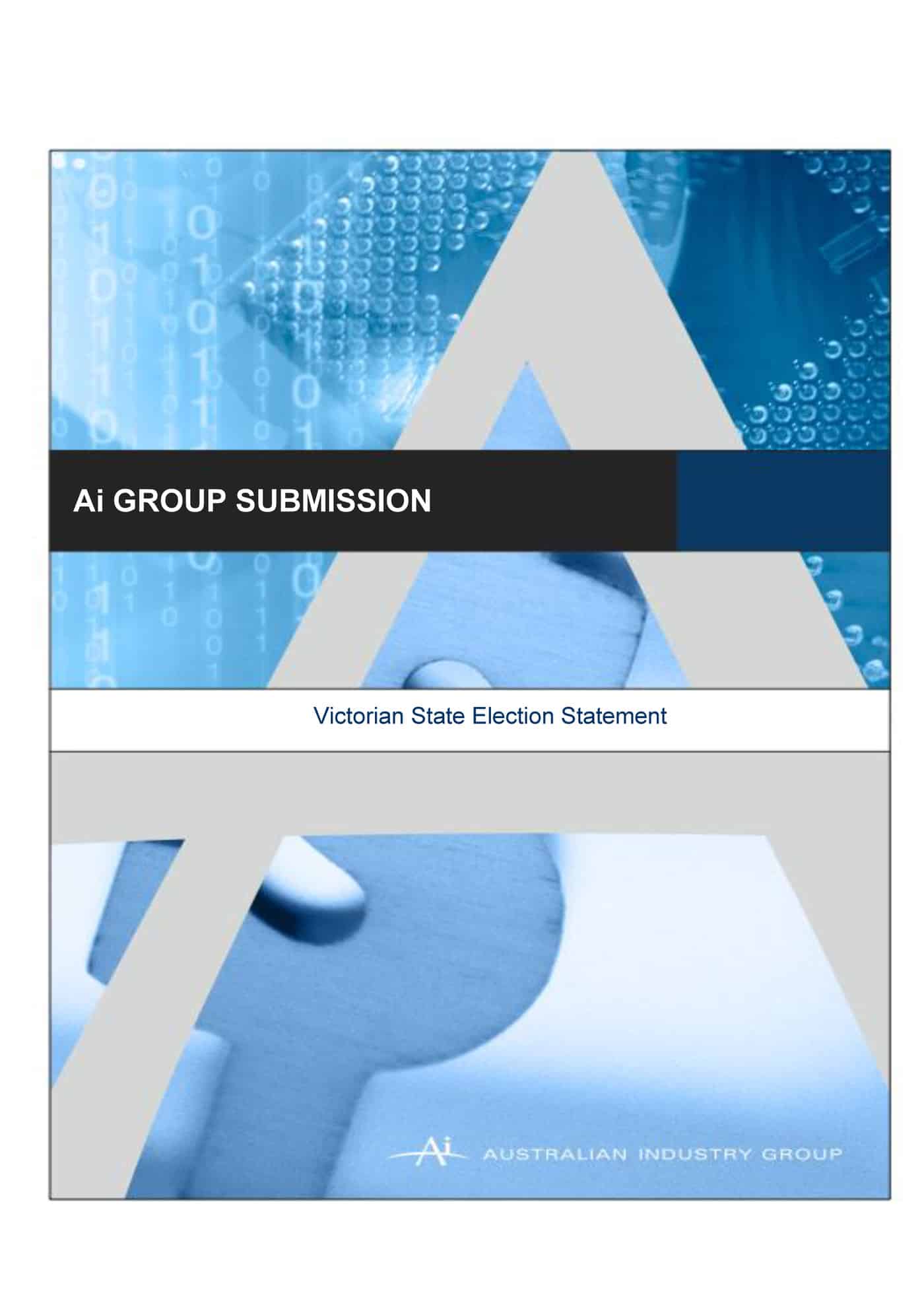At a recent breakfast seminar, Steve Bell of Herbert Smith Freehills mentioned that a Bill is with the Australian Senate that will open up the Comcare scheme to Australian businesses through the removal of the national competition test. This move has been flagged for some time with several lawyers expressing reservations. Bell mentioned this to the audience of OHS professionals as the law changes could present a substantial change to their operational knowledge base. The Bill is part of a larger debate on OHS.
In a July 2014 article, the Australian Lawyers Alliance (ALA) warned that:
“The proposed changes to Comcare will not only throw state and territory-based workers’ compensation schemes into fiscal chaos, but will also see injured workers left out in the cold,” ALA National President Geraldine Collins said.
“If this legislation is passed, employers may move their workers into the Comcare scheme, thus leaving huge holes of unfunded liability in state schemes which is likely to result in state-based premiums soaring.”
“Opening up the Comcare scheme will be disastrous for workers. Comcare has no meaningful access to common law damages for injuries caused by the negligence of an employer. The scheme is burdensome, paternalistic, and bureaucratic for workers and employers. Its design means premiums have to go up unless benefits are slashed ,” Ms Collins said.
“Comcare also has no meaningful workplace health and safety regime. Work environments will develop where lives are lost and permanently damaged with little oversight and enforcement of workplace health and safety. It is a fundamentally flawed minimalist scheme. Migration en masse will strike at the heart of the financial stability of state schemes, which are mostly running fairly,” Ms Collins said.”
Continue reading “Will workers be safer through an expansion of Comcare?”



 In developing harm reduction and prevention strategies, the occupational health and safety (OHS) profession likes to look at worst case scenarios on the understanding that dealing with an extreme event introduces mechanisms that deal with lesser events. Partly this is a legacy of
In developing harm reduction and prevention strategies, the occupational health and safety (OHS) profession likes to look at worst case scenarios on the understanding that dealing with an extreme event introduces mechanisms that deal with lesser events. Partly this is a legacy of